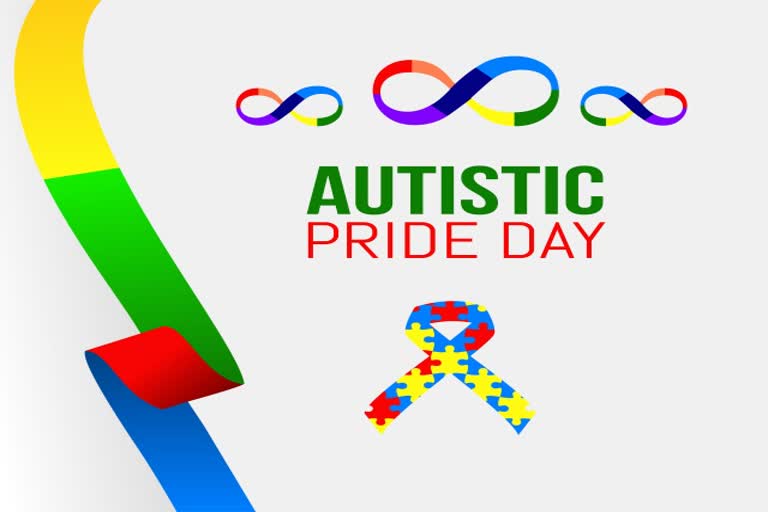let’s understand and expand our knowledge on autism and the integration of Play therapy as one of the essential parts of the intervention. Autism is a disorder that affects a child’s social behavior, child faces difficulties in expressing and communicating needs as well as repetitive behaviors are present. There are many interventions and therapies used for supporting the child to improve in daily activities and help to grow to his maximum potential. In today’s article, we will zoom upon how play therapy can help a child in working on these functional domains.
Play therapy is a form of therapy that is child-driven and the focus of this therapy in autism is to enable the child to communicate creatively without getting frustrated. Many a time these children face issues like can’t sit in one place for a long time, tantrums are common in them as they are unable to reach out by expressing how they feel or what they require from parent or guardian. Seeking attention is expressed in the form of rigid behaviors or through stereotypical behaviors. They get involved in repetitive play and not ok to share the toy or change the game or be part of the group as they prefer spending time by themselves. Other times they do want to mingle with other kids but don’t know how to reciprocate or take initiative in the play with others.
Also Read: Autism: A Homoeopathic Perspective
Play therapy helps in the following ways:
- It teaches the child to have a safe place to explore his likes and dislikes.
- By entering into the child’s world of play, the therapist makes it less overwhelming for the child to express himself to others.
- Helps in exploring healthy ways to initiate conversation, understanding and imitating other peers of his age.
- Helps in improving sitting tolerance and repetitive play decreases when the child is able to understand the connection between his needs and how to reach out to others.
- Through creative play with the help of toys, sand, clay the child learns to control and express his emotions.
- Play therapy is also nonverbal in nature so it allows the child to be himself.
Play therapy is different than other therapies where a lot of intervention is dependent on communication but in play therapy, children learn to express themselves and manage to solve their problems through play which differs from one child to another and some children take some amount of time before a child gets used to this safe place and gradually learns to express himself. The key to improvement is being regular and consistent in the follow-up sessions. Once the rapport is made through play and with different techniques in play therapy, it can be generalized in play dates with other children. The main benefits of play therapy are that it can be both verbal & nonverbal forms of intervention specially designed differently for each individual with different needs.
For your queries, contact Ms. Kajal U. Dave at davekajal26@gmail.com



